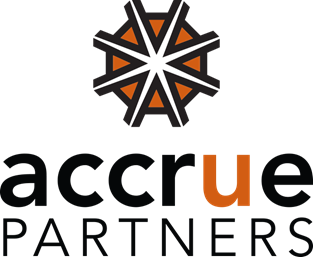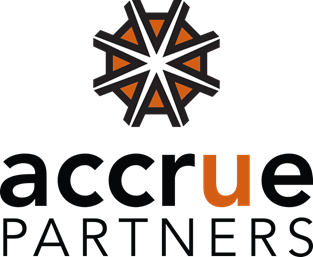
With the Great Resignation, the Great Reset, the Great Reassessment,and the Big Quit, a record number of people quitting their jobs this year , it might seem like candidates hold the power in the job market now. In actuality, while the pandemic upended much of how we used to work, it has also presented myriad opportunities for companies to transform how they present their value to the candidates they want to hire.
Instead of hiring just anyone to fill a void, the strongest companies have prioritized improving the candidate and employee experience. From re-evaluating hiring processes so that the talent they’re interested in stays engaged, to improving their benefits and company culture, many businesses have fine-tuned their offerings to remain competitive and attract the top talent.
The past couple years have forced companies to look inward, reassess who they are as a company and cultivate their values to ensure the candidates they do hire are a fit who will stay with the business long-term. We know how expensive turnover is. Many companies are still being selective in hiring so that their hires succeed and stay long-term. That means:
- Finding candidates with the right skills to fill their needs
- Ensuring candidates fit company values and mission
- Confirming hires want to grow with a business long-term — which career development plans can help with
By honing in on a strong employee value proposition and effectively conveying that to candidates, employers can be in the driver’s seat as professionals contemplate what they want from an employer.
The following areas are where strong companies are looking at more closely as they work to attract and retain talented full-time employees.
Company Incentives
An October 2021 Expert Panel with the Forbes Human Resources Council named “flexible benefits” as the top thing job seekers want from employers in the Big Resignation Era. One important distinction in today’s hybrid workforce is that traditional office perks (free coffee or an on-site gym, for example) no longer suffice. Companies must get creative with benefits offered to remote and hybrid workers. You might offer flexible time off, or provide staff with the top equipment and technology to do their jobs effectively.
Benefits also include health insurance and other advantages. As we reported in a post on how to create a work environment candidates are looking for, a survey of 1,500 workers found the top non-insurance benefit, cited by 35% as the top benefit, was paid time off. Other incentives workers want include:
- Paid family leave
- Tuition assistance
- Health and fitness lifestyle incentives
- Financial planning resources
In addition to offering employees benefits, flexible work options continue to be a top desired offering for candidates today. As we saw in our report on how remote work boosts productivity, 58% of respondents in FlexJobs’ 2021 survey said they want to be full-time remote employees post-pandemic. More than a third (39%) want a hybrid work environment. A flexible work environment and schedule is a top benefit for today’s employees.
Culture & Mission
As an employer, you’ll hire more effective candidates when they’re aligned with the values, mission and culture of your company. As we detailed in our post on how to transform your hiring process, 65% of people would rather take a pay cut, and 26% of people would rather forgo a higher title, than work for an employer with a negative workplace environment, according to “Harvard Business Review”.
You can integrate company culture in the workplace in myriad ways. These include:
- Weaving in values during meetings and events
- Showcasing company values in marketing materials and even within company walls – for example, painting a logo in a boardroom
- Providing employees with the opportunity to volunteer for and contribute to community organizations
- Giving back to organizations in need in some way, whether it’s through a sales give-back program or by sponsoring an organization long-term
- Facilitating team-building events that enable employees to feel included and meet coworkers across departments and titles
Businesses are also investing more in DEI initiatives and focusing on creating inclusive workforces, with diverse employees regarding ages, races, cultural backgrounds, abilities, genders and more. The more you can diversify your workforce, the more you can foster innovation, while attracting a wider pool of talent.
It All Starts with the Hiring Process
No matter how great your benefits are, you risk candidate drop-out with a poor hiring process. According to PwC, 49% of job seekers have turned down an offer because the hiring process was unsatisfactory.
Companies that want to remain competitive are also transforming their hiring processes, by:
- Shortening the recruiting and time-to-hire processes
- Using technology and automation to communicate regularly with candidates
- Providing clear timelines and always-on support
While the reality is that today’s candidates may be talking with multiple companies during their job search, companies that respect and value a candidate’s time from the get-go can attract better talent.
From effective recruiting and job postings, to an easy and intuitive application process, every step of hiring shows candidates how well your company pays attention to detail and how you respect your workforce.
If you’d like to work with a talent acquisition partner to help you improve your hiring, convey your value to candidates and recruit better talent, AccruePartners can help. Contact us for a free consultation.





